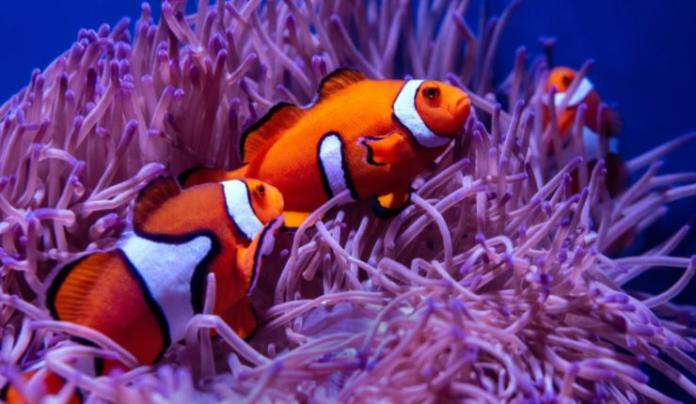As with any industry where there is money to be made, the exotic pet trade has become a lucrative industry with little thought given to the animals that it affects. With this in mind, the question then becomes: just how much harm is your love for “exotic” pets doing?
According to the South African Veterinary Association, the word “exotic” refers to a species of animal that is not native to a particular country. However, it is most commonly associated with unusual pets such as snakes, lizards, parrots or tigers.
While there is legislation that ensures the safety and environmental impact of obtaining exotic pets within South Africa, a large part of it remains illegal and under-policed. This has led to many wild animals being poached and taken from their natural habitats to be traded and sold on the black market.
According to environmental activist Domnic Naidoo, the explosion of video-sharing platforms such as TikTok has placed a spotlight on the desire to own exotic pets. However, this is not limited to social media, with the film industry playing a huge role. After the release of the popular Pixar animation Finding Nemo, global sales of the clownfish exploded. Unfortunately, this saw around one million of these fish being taken from the ocean. The situation has become so dire that in certain parts of the Philippines, Thailand and Sri Lanka, the clownfish appears to have become extinct.
The debate around owning exotic pets is a nuanced one. While it remains illegal (and exceptionally cruel) to pluck an animal from its natural habitat, the allure of earning thousands from the trade of one animal can be too appealing. All pet owners must consider where they source or obtain their pets from, exotic or not, and do what is ultimately the best for the wellbeing of the animal and its species.
